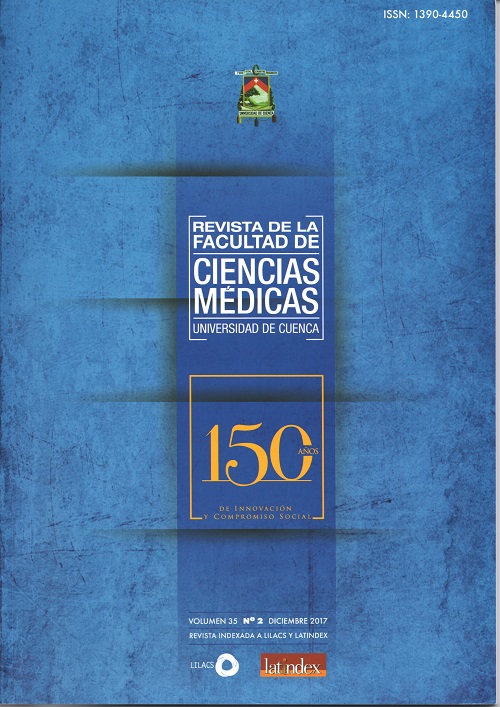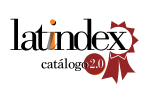Producción Bibliométrica de la Medicina Social y la Salud Colectiva en América Latina. Período 1980 - 2016
Resumen
RESUMEN
Objetivo. Revisión Bibliométrica, para identificar y analizar la actividad científica y la evolución de categorías epistemológicas generadas por la corriente de pensamiento de la Medicina Social y Salud colectiva en América Latina.
Metodología. Estudio exploratorio, utilizando diferentes buscadores y el gestor documental Endnote, para los campos: categorías: medicina social salud colectiva y las categorías: salud y trabajo, clase social, proceso salud, enfermedad, determinación social de la salud. La búsqueda se realizó en español, inglés y portugués para el período 1980 a 2016.
Resultados y discusión. El análisis bibliométrico, seleccionó para medicina social, salud colectiva, 5571 textos y el análisis de contenido incluyó 1269 trabajos. Brasil es el país con mayor producción sobre salud colectiva, seguido de Colombia y Estados Unidos, entre 22 países. La medicina social/salud colectiva requiere disponer su pensamiento en los espacios donde se ha concentrado la publicación y circulación de la información científica, que dé cuenta de los aportes y avances epistemológicos, metodológicos y la relación con los sujetos en la praxis social, para afectar el poder simbólico instituido, en espacios de investigación y educación en el pregrado y posgrado, donde abundan publicaciones que utilizan las categorías de la Medicina Social y la Salud colectiva, con discreto valor, manteniendo la hegemonía del discurso que sostiene el poder del modelo positivista.
Palabras claves: Bibliometría, Indicadores bibliométricos, indicadores de producción científica, medicina social, clase social, salud pública, América Latina.
ABSTRACT
Objective. This is a bibliometric review to identify and analyze the scientific activity and the evolution of epistemological categories generated by the current of thought of Social Medicine and Collective Health in Latin America.
Methodology. This is an exploratory study, using different search engines and the Endnote document manager for the fields: categories: social medicine, collective health and the categories: health and work, social class, health process, illness, social determination of health. The search was conducted in Spanish, English and Portuguese for the period 1980 to 2016.
Results and Discussion. The bibliometric analysis selected for social medicine and collective health about 5571 texts and their content analysis included 1269 works. Brazil is the country with the highest production on collective health, followed by Colombia and the United States, among 22 countries. The social medicine and collective health require having its thought in the spaces where the publication and circulation of the scientific information has been concentrated. Also they must report the epistemological and methodological advances and the relation with the subjects in the social praxis, in order to affect the symbolic power instituted, in research and education spaces in the undergraduate and postgraduate programs, where there are many publications that use the categories of Social Medicine and Collective Health, with discreet value, maintaining the hegemony of the discourse that keeps the power of the positivist model.
Key words: Bibliometrics, Bibliometric Indicators, Scientific Publication Indicators, Social medicine, social class, Public Health, Latin America.
Descargas
Descargas
Publicado
Número
Sección
Licencia
Copyright © Autors

Usted es libre de:
 |
Compartir — compartir y redistribuir el material publicado en cualquier medio o formato. |
 |
Adaptar — combinar, transformar y construir sobre el material para cualquier propósito, incluso comercialmente. |
Bajo las siguientes condiciones:
 |
Atribución — Debe otorgar el crédito correspondiente, proporcionar un enlace a la licencia e indicar si se realizaron cambios. Puede hacerlo de cualquier manera razonable, pero de ninguna manera que sugiera que el licenciador lo respalda a usted o a su uso. |
| No comercial — No puede utilizar el material con fines comerciales. | |
| Compartir Igual— si remezcla, transforma o desarrolla el material, debe distribuir sus contribuciones bajo la misma licencia que el original. |
| Sin restricciones adicionales: no puede aplicar términos legales o medidas tecnológicas que restrinjan legalmente a otros a hacer cualquier cosa que permita la licencia. |






